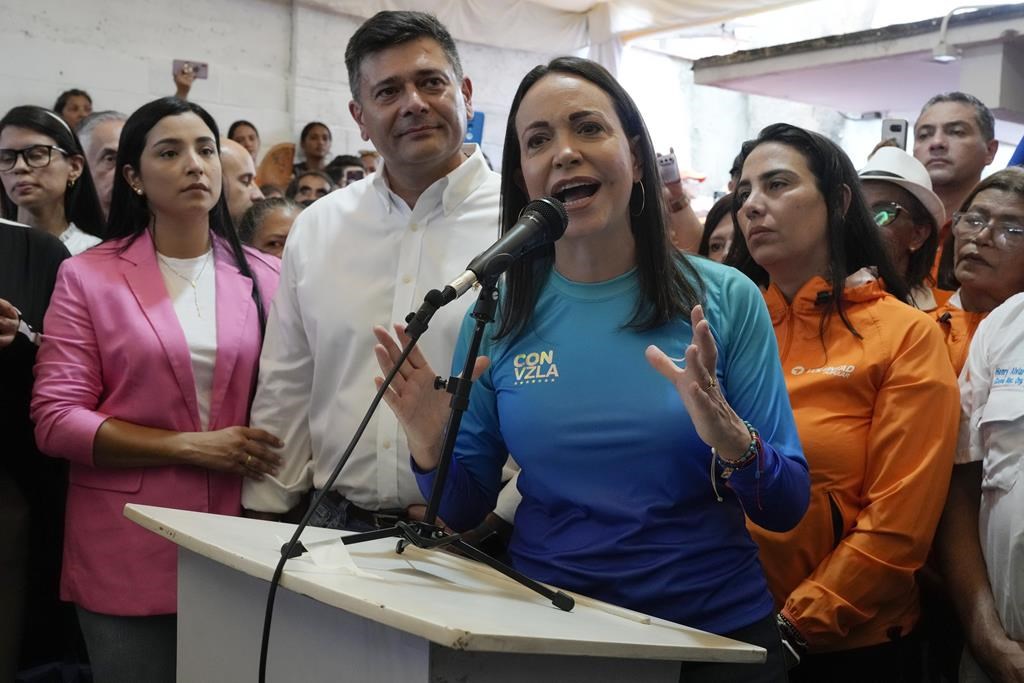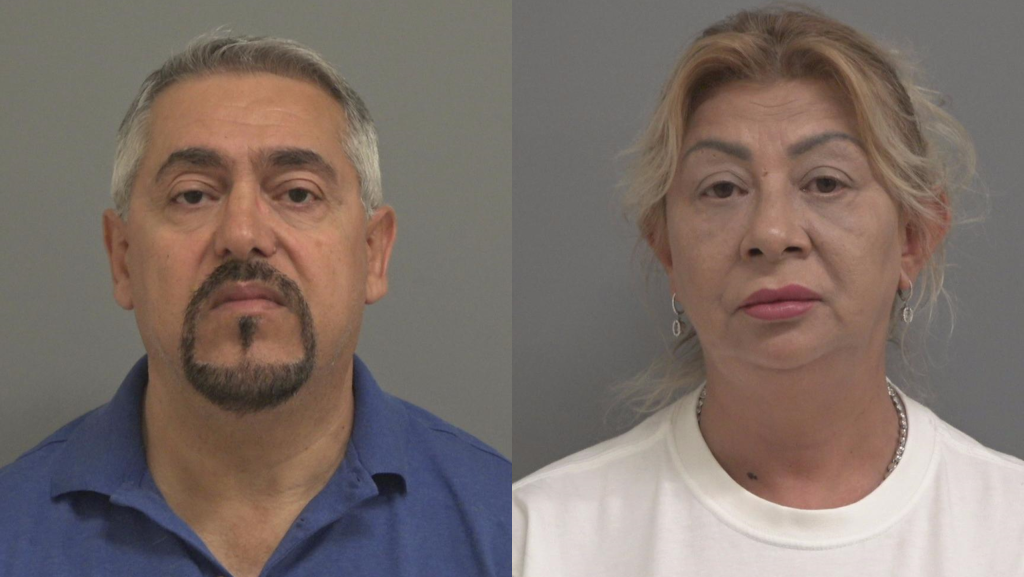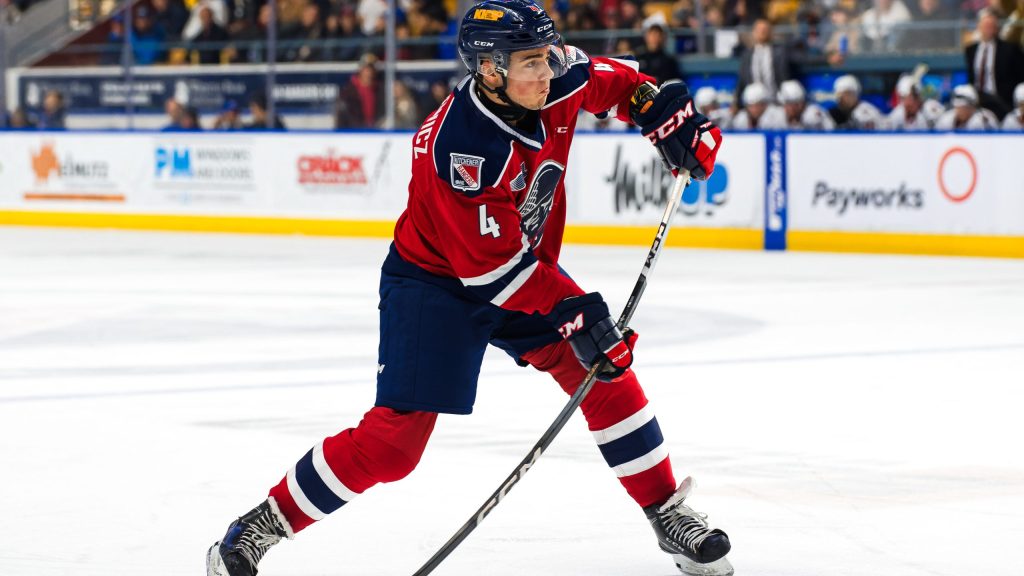Venezuela’s opposition is holding primary to pick challenger for Maduro in 2024 presidential rival

Posted Oct 21, 2023 12:09:06 AM.
Last Updated Oct 21, 2023 12:26:59 AM.
VALENCIA, Venezuela (AP) — Josselyz Essa and a friend, two 9-year-olds with a budding interest in politics as Venezuela starts toward its next presidential election, bubbled with eagerness waiting for the campaign rally to start. Then a thunderous noise spread over the crowd in the streets of the northern city of Valencia.
The girls stretched up on their tiptoes and joined in the uproar, screaming as loud as they could: “María Corina! María Corina!” — that is María Corina Machado, the opposition politician they want to be president.
Machado, a free-market firebrand, is the frontrunner in a primary election Sunday organized by the opposition to pick a challenger to President Nicolás Maduro. It is the first of its kind since 2012 in the troubled South American country.
But even if Machado wins, it remains unclear if she would be allowed to run in 2024. While Maduro’s government agreed in principle this week to allow the opposition to choose its candidate, it also has already barred Machado from running for office and has in the past bent the law and breached agreements as it sees fit.
All the candidates in the primary have promised to topple Maduro. That was once enough to get the support of opponents to the self-described socialist administration. These days, people want a lot more from opposition candidates.
Some want jobs, others want better public health care. Some want lower food prices, others want access to business credits.
Josselyz just wants a better school.
“Almost everything is missing. The walls are in disrepair. The cafeteria is missing, and the food is bad,” said Josselyz, who was born a bit after Venezuela began its decade-old crisis.
The political, social and economic crisis that has come to define the once prosperous country has evolved over the years. The latest phase has been particularly challenging after a brief economic stability that overlapped the end of 2021 and beginning of 2022.
People’s time is consumed by economic gymnastics. They may afford food today, but not tomorrow. They may get a government stipend today, but not tomorrow. They may fill up a tank with subsidized gasoline today, but not tomorrow.
Maduro’s allies have ridiculed and dismissed the primary all year long. Still, both the government and its foes have used the contest as a bargaining chip to extract concessions from each other as part of a negotiation process meant to end the crisis.
Maduro and an opposition faction backed by the U.S. government agreed Wednesday to work together on basic conditions for the 2024 presidential election. That prompted the government to release six political prisoners and the Biden administration to lift key economic sanctions.
Still, a U.N.-backed panel investigating human rights abuses in Venezuela said last month that Maduro’s government has intensified efforts to curtail democratic freedoms ahead of the 2024 election. That includes subjecting some politicians, human rights defenders and other opponents to detention, surveillance, threats, defamatory campaigns and arbitrary criminal proceedings.
Machado has been leading the primary race for months even though the government in June issued an administrative decision banning her from running for office, alleging fraud and tax violations and accusing her of seeking the economic sanctions the U.S. imposed on Venezuela. Two candidates who dropped out earlier this month had registered despite already being subject to bans.
Under Wednesday’s agreement, the government and opposition are supposed to “recognize and respect the right of each political actor to select” a presidential candidate freely. They also agreed to “promote the authorization” of all candidates to participate as long as they comply with the law.
Aware Maduro has breached agreements before, the Biden administration has given Venezuela’s government until the end of November to establish a timeline and process to quickly reinstate all candidates. If Maduro does not meet the deadline, the U.S. government will reverse some of the sanctions relief.
“We have been very clear that we must allow the participation of all candidates in the process,” Brian Nichols, U.S. assistant secretary of state for Western Hemisphere affairs, told reporters Thursday.
Organizers of the primary have not given an estimate for participation Sunday. But logistics are bound to affect turnout.
Venezuelans typically vote on electronic machines set up at public schools. But the independent commission organizing the primary opted to use paper ballots and will set up voting centers at homes, churches, private schools and other facilities.
A poll earlier this month by the Venezuela-based research firm Delphos indicated more than half of people identified as highly likely or likely to participate did not know where to vote.
Machado told The Associated Press that will be the primary’s “biggest challenge.”
“I have no doubt that we, Venezuelans, want a profound change. That is why people tell me, ‘Your next election is with Maduro,’” she said, suggesting people are focused on the 2024 election and not Sunday’s.
“What we have to concentrate on … is to let people know that the primary is going on, that it will be on the 22nd, and that they should find out where they have to vote,” she said.
With the enthusiasm of a child, and one with an unusual interest in politics, Josselyz insisted that she and her grandmother go to Machado’s rally in Valencia earlier this month. She and her friend found a discarded homemade sign that read “Until the end with the iron lady” and held it up for some time.
Standing nearby was Ismael Martínez, who said he had voted for Maduro as well as his mentor, the late President Hugo Chávez. He said that Chávez’s self-described socialist movement was “not bad,” but that it “failed” due to some corrupt politicians whose “ego, personal interests” betrayed the country.
Now, he is backing Machado.
“We hope that she has a new economic vision for her country,” said Martínez, 43, an agriculture worker. “We are the ones driving this change. In Venezuela, we are no longer the same as we were 20 years ago. We know how to recognize where the flaws are.”
Regina Garcia Cano, The Associated Press








